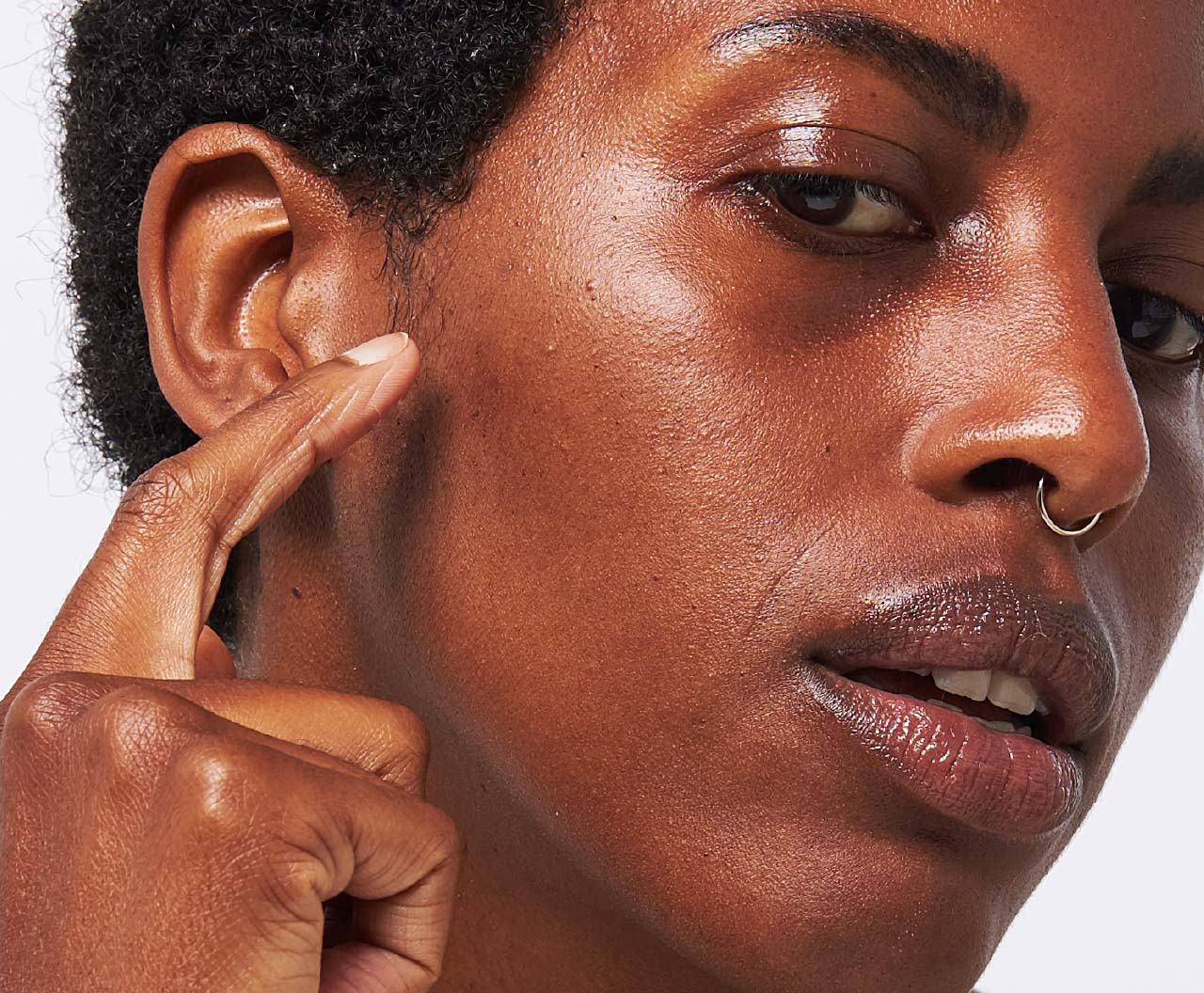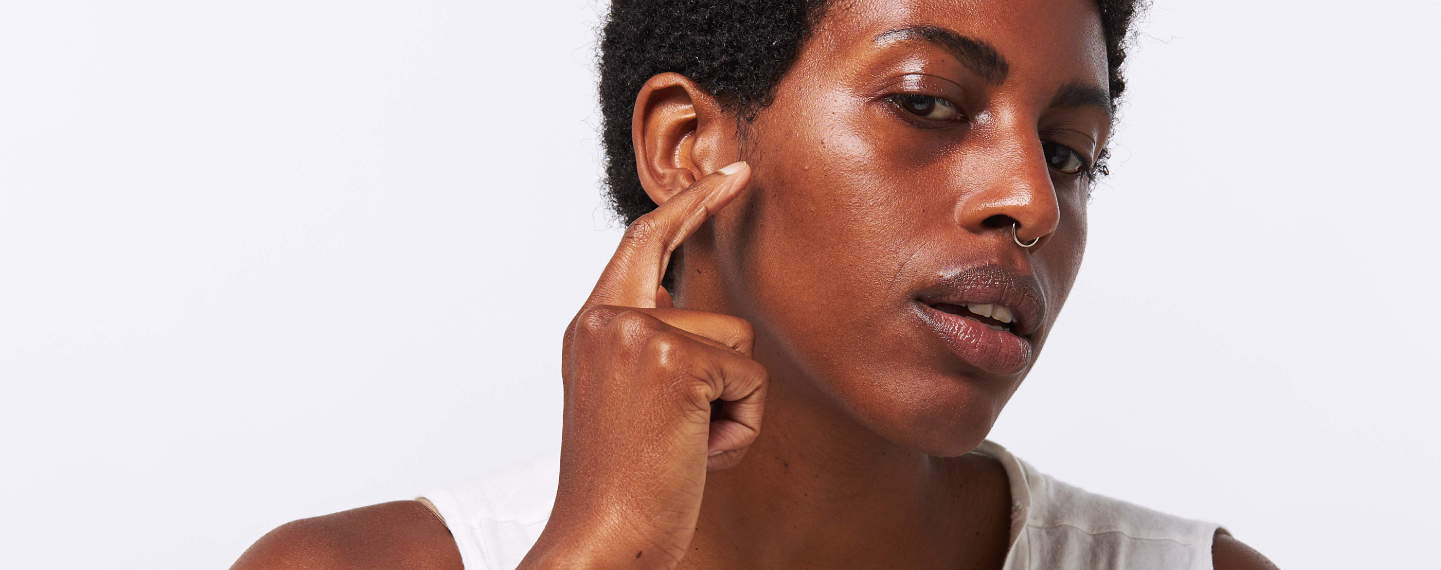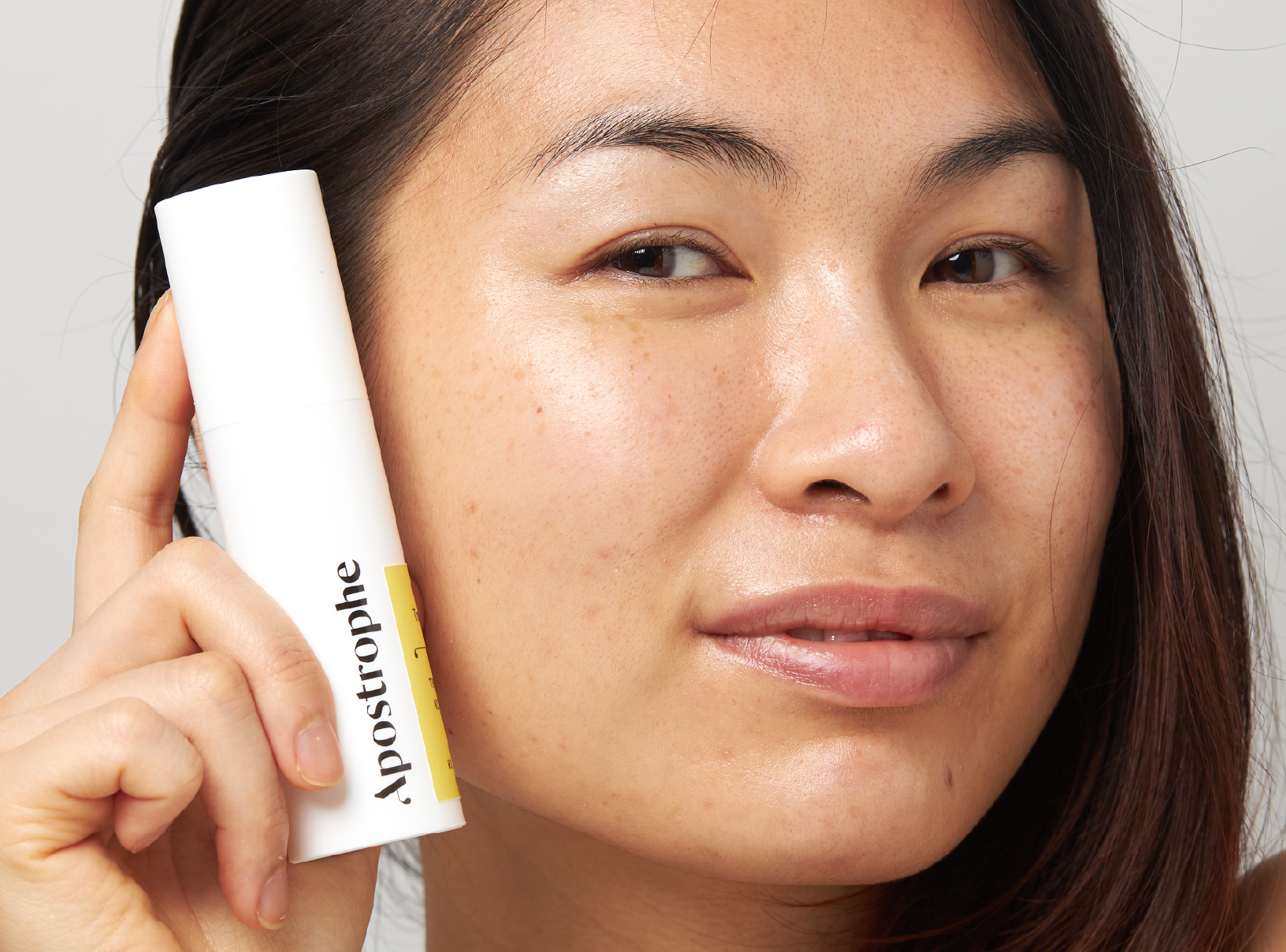Education
Popping zits: to pick or not to pick?


SHARE
Education
Popping zits: to pick or not to pick?
Medically reviewed by Mary Lucas, RN
Written by Apostrophe Team
Last updated 11/1/2024
When you have a giant (or even tiny) zit on your face, it’s hard to keep your hands away from it. That’s especially true if it’s come to a head and is seemingly begging to be popped.
But keeping your hands off of it is precisely what you should do — unless you want more where that came from.
Acne is common. That doesn’t mean it’s easy to live with. Acne can be painful, scarring, isolating, and depressing.
So keeping it under control and finding viable treatment options should be at the top of your to-do list. But trust us when we say: picking and popping your blemishes is not on this list.
How Acne Works
You know it when you see it, but do you really know what’s happening beneath your skin’s surface when you get a pimple?
Understanding how pimples develop can help make the case for keeping your hands off of them.
Essentially, acne vulgaris is caused by four factors: oil or sebum production, dead skin cells blocking your pores, inflammation, and the presence of bacteria.
Oilier skin — often caused by an overabundance of androgens — can make for acne-prone skin, but especially if the other factors are present.
One of the first obstacles oil has to overcome (before you attack it with blotting paper) is making it to the surface of the skin.
When your pores are clogged with dead skin cells, this doesn’t happen; the path is blocked.
The oil is stopped in its tracks, and left hanging out with bacteria within your hair follicles. This bacteria (P. acnes, now called C. acnes) is naturally present, but when paired with the oil and an inflammatory reaction, lesions like nodules, cysts and pustules appear.
What Popping May Do
The urge to pop a pimple can be great — especially when it’s filled with pus, just waiting for you to relieve the pressure.
Popping a pimple can improve its appearance and relieve some discomfort caused by inflammation; it’s true.
And some people actually like popping pimples (or even watching them get popped) — there’s actually a market for pimple popping videos. If you watch Dr. Pimple Popper, we get that it can be oddly satisfying.
But popping your pimples in your bathroom mirror can do more harm than good.
When you squeeze a pimple, you run the risk of squeezing the pus deeper into the skin, leading to more inflammation.
Also, purposefully wounding yourself could increase the chances of scarring.
Further, you can introduce more bacteria into the skin, both from your hands and from the surface of your face, worsening your acne altogether or causing infection.
Can a Doctor Pop Your Pimples
If anyone is going to do the popping, it should be a doctor. They use hygienic practices in safe environments, lessening the risks of pimple popping altogether.
Your doctor may use a process called “extraction” to remove blackheads or whiteheads. This may involve softening the pores with warm water or steam, and then using a small tool known as an extractor.
For deep, painful, inflammatory pimples, your doctor may drain it. Generally, they’ll cut the pimple open using a needle or blade, and then remove what’s inside.
Obviously not all pimples warrant a trip to the dermatologist’s office for removal, but the bottom line is: you shouldn’t be trying to “remove” them at home. Treating and preventing future breakouts is a better approach.
Alternative Acne Treatment Options
You’re popping a pimple because you want immediate impact. You could try applying ice to inflammatory pimples to soothe discomfort and take away swelling. Over-the-counter topical agents such as salicylic acid and benzoyl peroxide may also help.
Part of your acne treatment should be focused on prevention. Otherwise, you’re constantly playing whack-a-mole with your face.
There are many effective acne treatment options on the market. A dermatology provider can help identify the right one given your acne severity and medical history. Topical retinoids such as tretinoin are some of the most common medications, and oral antibiotics may be prescribed if your acne is moderate to severe.
If you’ve been looking for the right treatment for you, start an online derm visit through Apostrophe today.
References
Like what you just read? Sign up for our email list to get the scoop on skincare science delivered straight to your inbox.

Deep Dives
A dermatologist shares his thoughts on the recent studies about benzoyl peroxide and benzene.
Read More
Education
What is milia?
What is milia? Today, we’re jumping into one type of bump that you may have heard about most commonly in infants — milia.
Read More
Education
Best moisturizer for acne-prone skin
If you have combination acne-prone skin, figuring out which moisturizer is best for your skin might be tough. In this guide, we break down the best moisturizer for combination, acne-prone skin.
Read More
